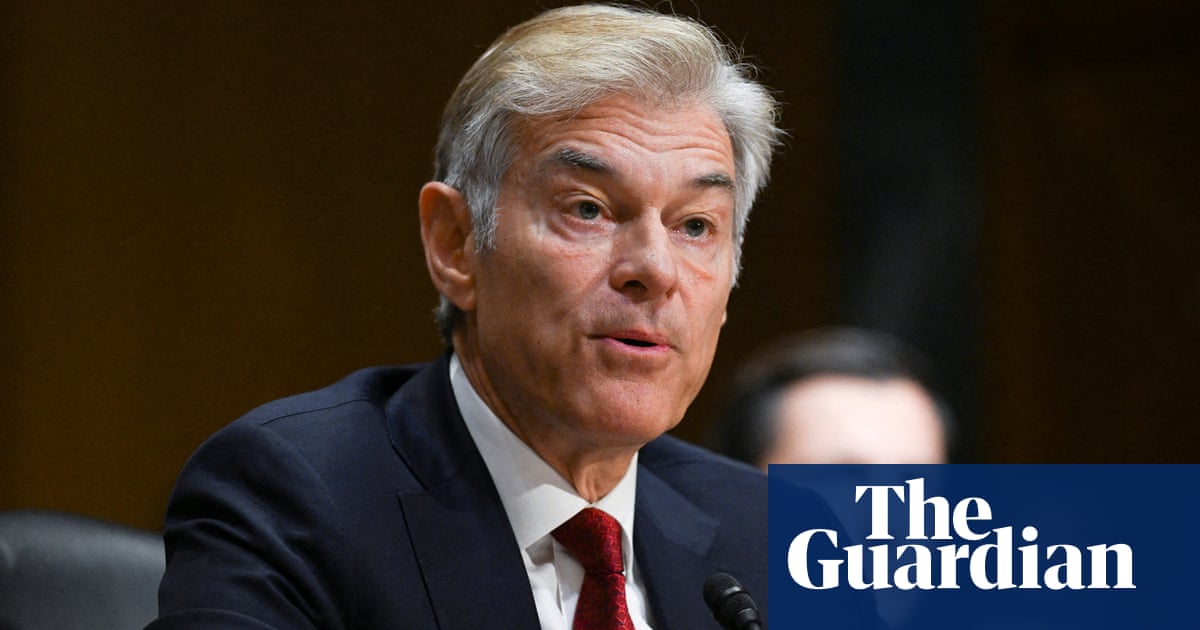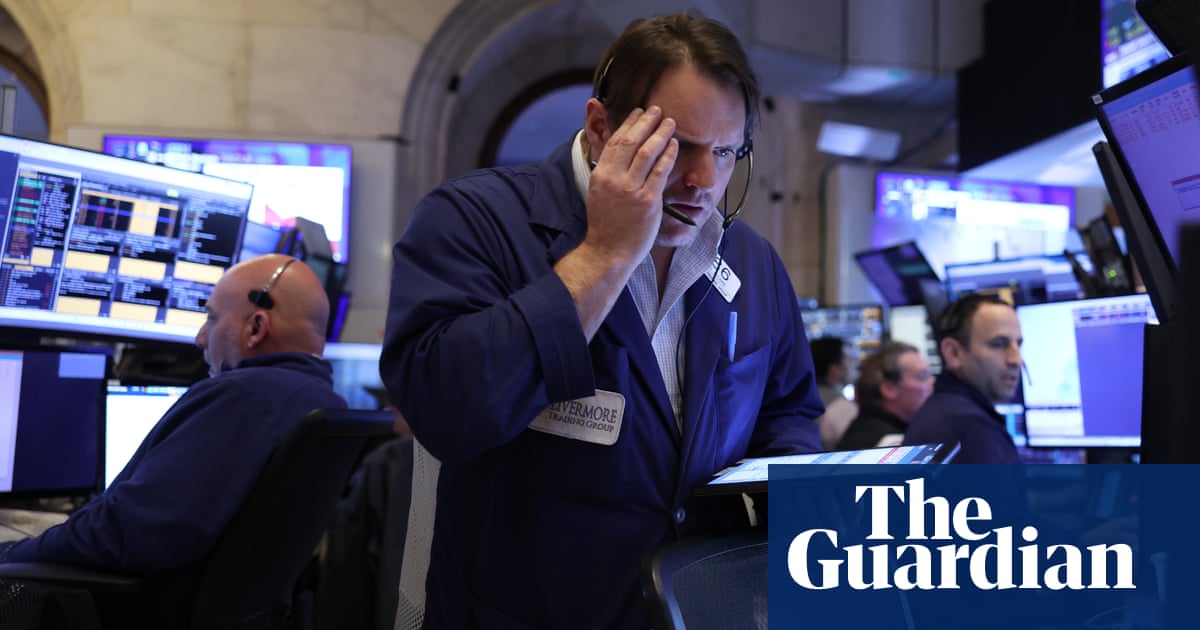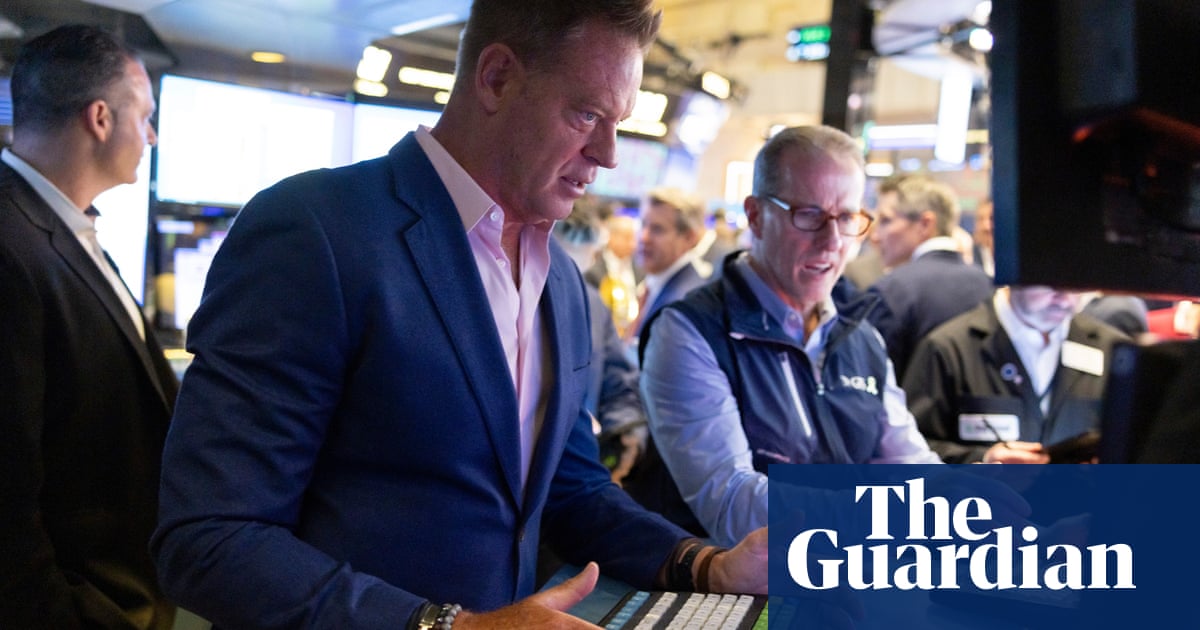As Bashar al-Assad fell, Russian nationalist military bloggers turned on the Kremlin. “Ten years of our presence,” fumed the “Two Majors” Telegram channel to its more than one million subscribers, “dead Russian soldiers, billions of spent roubles and thousands of tonnes of ammunition, they must be compensated somehow.” Some didn’t shy away from lambasting Vladimir Putin. “The adventure in Syria, initiated by Putin personally, seems to be coming to an end. And it ends ignominiously, like all other ‘geopolitical’ endeavours of the Kremlin strategist.” These weren’t isolated incidents. Filter Labs, a data analytics company I collaborate with, saw social media sentiment on Syria dip steeply as Assad fell.
It was in stark contrast to Putin’s silly claim at his annual news conference last week that Russia had suffered no defeat in Syria. Unlike social media, legacy media tried to walk the Kremlin line, but even here there were splits. “You can bluff on the international arena for a while – but make sure you don’t fall for your own deceptions”, ran an op-ed in the broadsheet Kommersant, penned by a retired colonel close to the military leadership. He then used Syria as an example of how “in today’s world, victory is only possible in a quick and fleeting war. If you effectively win in a matter of days and weeks, but cannot quickly consolidate your success in military and political terms, you will eventually lose no matter what you do.” Though the piece didn’t mention Ukraine, Vasily Gatov, a media analyst at the University of Southern California, told me he thought it was a message from the general staff to the Kremlin: be realistic about what we can achieve in Ukraine, too.
Assad’s fall is not just a blow to Russia’s interests in the Middle East but to the essence of Putin’s power, which has always been about perception management. His early spin doctor Gleb Pavlovsky once explained to me how, when the Kremlin was weak domestically in the late 1990s and early 2000s, Russian leaders learned to dominate TV to create ersatz grandeur. The Kremlin couldn’t really control the regional governors at that point, but it could give the sense that the president ruled everything by being omnipresent in the media. Since then, Putin has taken perception management to the international stage, trying to tell a story that he is leading a new generation of authoritarian regimes destined to inherit the earth. But that image suddenly looks shaky. Now is the time to apply more pressure before he can patch things up and project his superpower movie once again.
Start in Georgia, where protesters have been making a brave stand against the pro-Russian government’s decision to cease integration with the EU. At stake is Georgia being swallowed up in Moscow’s neocolonial sphere. Greater Russian ascendancy allows Moscow to put a stranglehold over gas transit pipelines to Europe and to manipulate access to Central Asia. The aim of the protesters is to get enough people in the system to abandon the ruling party and their de facto ruler, the oligarch Bidzina Ivanishvili. The protests are starting to bear fruit. Some diplomats and officials are defecting. The west can make it clear that the Georgian leaders are pariahs by sanctioning the politicians, businesses and security officials involved in the crackdowns.
Last week, the UK government got on the right track by hitting five officials with asset freezes and travel bans. The pro-Russian leadership has to be made to look vulnerable for those below them to abandon ship in enough numbers. The Kremlin failed in its attempt to use corruption and propaganda to derail Moldova’s journey towards the EU in a recent referendum. Georgians deserve to have their European aspirations supported, too.
Meanwhile, on the high seas, Europe has finally taken action against the Russian shadow fleet that transports oil across the world and sells it at rates above the limit set by the G7. The ships will now be stopped and boarded if they are not properly insured. Eddie Fishman of Columbia University argues this is the moment to cripple the Kremlin’s crucial oil revenues by putting secondary sanctions on entities that buy the above-price oil. That will scare off the Indian and Emirati traders who carry on doing business with Russia and, in turn, increase the stress on a Russian economy where business leaders are already complaining the system is unsustainable. Despite Kremlin claims that all is dandy with the economy, Russians aren’t buying it, complaining online that inflation is making their salaries feel worthless.
And though the Kremlin maintains Russia and China are an alliance made in economic heaven, the reality is more tenuous. Russian businesses are saying that Chinese banks will no longer work with them now that Russian institutions have been blacklisted by the US. Instead, they worry that the Chinese are offering them “deeply suspicious” ways to move money – yet they have no choice but to play along.
after newsletter promotion
The Kremlin will be more than aware of these complaints throughout society, from military bloggers to business people. There are no signs of democratic uprisings. Putin fears no elections. But it worries when people don’t do as it commands. The Russian president often recalculates when he sees that he can’t control perceptions and behaviours – thus, he abandoned mobilisation efforts after the last attempts saw up to a million young Russians flee the country.
As the west increases pressure points on Russia, the aim is not some magical regime change. The point is to make the leadership feel so unsure it rethinks what it can get away with. For that, the pressure on Putin has to come thick and fast, with one blow coming after another in unexpected succession, unravelling the stories of international influence he has spun. Ukraine is taking direct action: with drone strikes at military production sites ever deeper within Russia and the spectacular assassination of a Russian general in the heart of Moscow. But its democratic allies can do much more by relearning the art of economic and political warfare.
Joe Biden’s flawed approach was always to wait until after a Russian crisis, and then let Putin recover and regroup. Can Donald Trump try something more dynamic? Or will he believe Putin’s bluster even more than Biden? The paradox would then be that the US believed in Putin’s myth of imperviousness more than many Russians. The most important “perception management” Vladimir Putin is banking on is the one aimed at the White House itself.

.png) 3 months ago
28
3 months ago
28













































